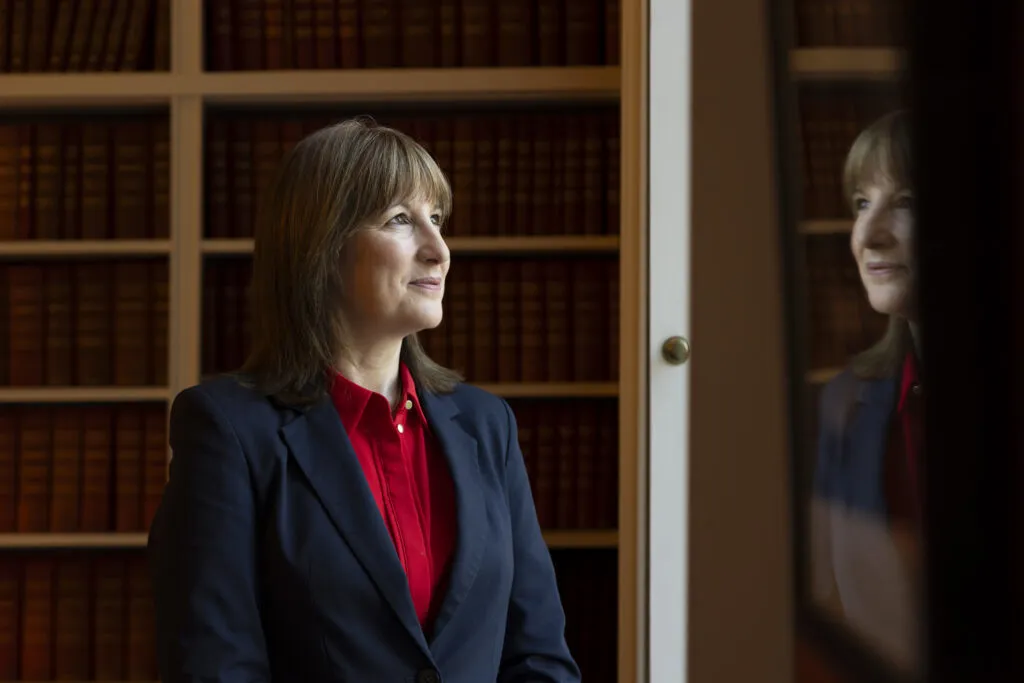
The Budget decision to increase property income tax rates means higher rents and more landlords selling up, experts say.
Chancellor Rachel Reeves said property income tax rates would rise by 2% from April 2027 in her Autumn Budget today.
The 2% increase will apply across basic, higher and additional tax bands.
In response, National Residential Landlords Association chief executive Ben Beadle said: “Despite claims of tackling cost of living pressures, the Government is pursuing a policy that the Office Budget Responsibility has made clear will drive up rents.
“Almost one million new homes to rent are needed by 2031. But this Budget will clobber tenants with higher costs while doing nothing to improve access to the homes people need.”
Fleet Mortgages chief commercial officer Steve Cox said: “It means landlords will once again see their incomes squeezed, at a time when costs continue to rise, and the introduction of the Renters’ Rights Act was already adding further costs to landlords next year, all of which are likely to be passed on to tenants in the form of higher rents.
“Add in this income tax increase to all the extra costs and responsibilities, and again landlords are going to see their margins on properties under further pressure. It is far too early to say how this will impact supply within the private rented sector, but of course it will require a reassessment by landlords and we are likely to see rents being reviewed in order to maintain profits.”
Likewise, Mel Spencer, growth director at Target Group, said that Reeves’s “attacks on landlord income will be passed on to tenants in the form of higher rents, in the longer term”.
Rightmove property expert Colleen Babcock said that taxing rent normally backfires on tenants.
She said: “The simple fact is that in order to provide tenants with much needed homes landlord investors need to be able to make the sums add up. Changes to mortgage interest relief, higher buy-to-let mortgage rates, the cost of compliance changes, and stamp duty increases have only made that harder.
“While UK Finance data suggests that despite challenges, more landlords are investing in new purchases and remortgaging than last year, today’s news will make it even harder for some landlords to make investments viable.”
The tax rise means more landlords will consider selling up, according to Sanjay Joshi, director at estate agent Lawsons & Daughters.
Joshi said: “There’s plenty of headline noise, but not enough clarity to genuinely reassure the wider market – especially buyers and sellers at the lower end of the scale, where confidence has been most fragile.
“Similarly, landlords remain unsettled too. Many are already planning to sell up, with new legislation coming in 2026, and the increase in tax rates on income from property will only fuel that sentiment.”
But the Budget decision to increase tax on landlords was welcomed by tenant organisations.
Generation Rent chief executive Ben Twomey said: “We also welcome measures to make sure private landlords pay a fairer share of taxes. For too long the tax system has been rigged against renters. Increasing property income tax, alongside increased council tax for higher value homes, will mean those with the broadest shoulders start to pay their fair share.”



